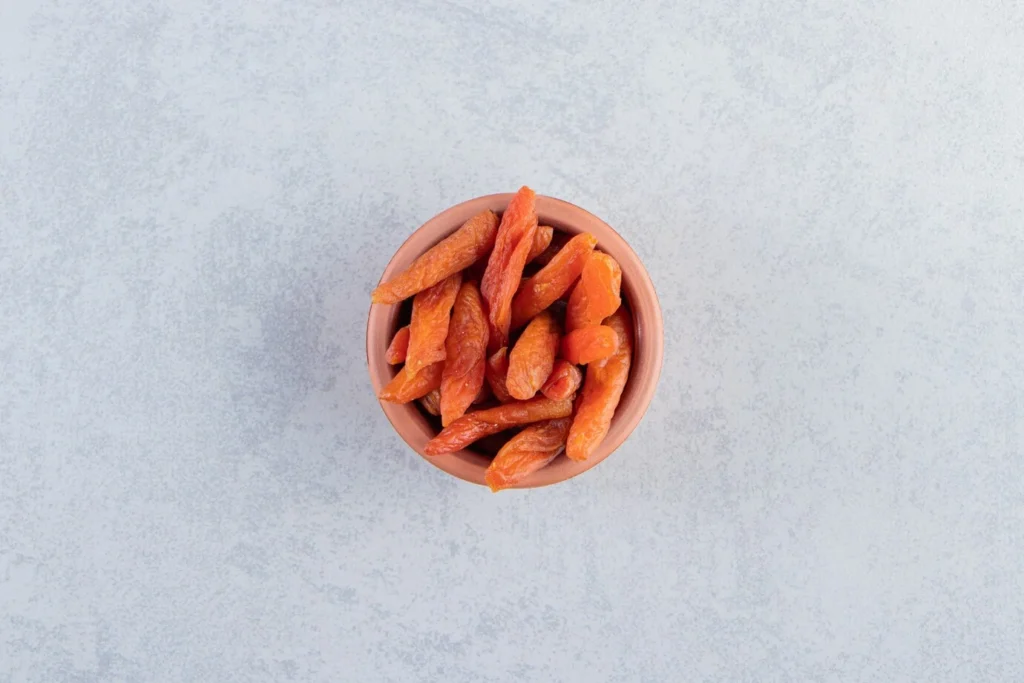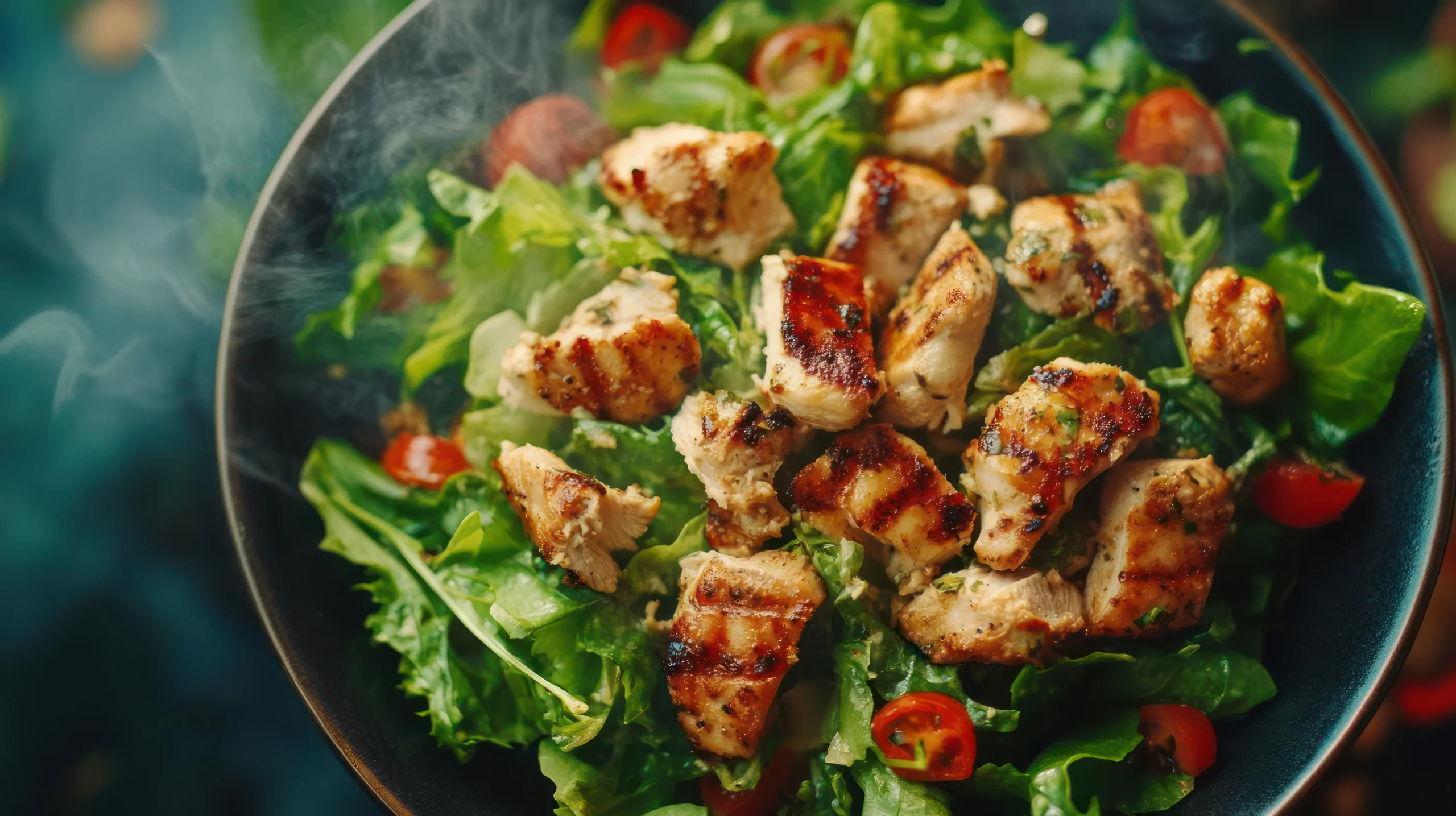Jerkies have long been a favorite snack for outdoor enthusiasts, fitness lovers, and busy professionals alike.
Known for their high protein content, long shelf life, and satisfying flavor, these snacks are as versatile as they are delicious. Whether you’re looking for beef, turkey, plant-based, or exotic meat varieties, there’s a jerky for every palate.
This guide explores everything you need to know about jerkies—from how they’re made and different types to nutrition tips, buying advice, and how to optimize content for this keyword in line with Yoast SEO best practices.
What Are Jerkies?

Jerkies are strips of lean meat that have been marinated, seasoned, and dried to prevent spoilage. The dehydration process removes moisture, preserving the meat and intensifying the flavor.
While beef jerky is the most common variety, other popular types include:
- Turkey jerky
- Chicken jerky
- Pork jerky
- Salmon jerky
- Vegan and plant-based
- Exotic meats like bison, venison, or elk
Each type of jerky offers a unique flavor and nutritional profile, catering to a wide range of dietary needs and preferences.
Yoast Tip: To improve keyword visibility and relevance, use the keyword “jerkies” within the first 100 words and in subheadings (H2 or H3).
Health Benefits of Jerkies
This food is more than just a snack—it offers several health and convenience benefits:
1. High in Protein
These snacks provide 9–15 grams of protein per serving, making them ideal for muscle recovery or meal replacement.
2. Low in Carbohydrates
Perfect for low-carb, keto, or paleo diets, jerkies are often carb-free or very low in sugars.
3. Long Shelf Life
Due to the drying process, These snacks can last months without refrigeration—perfect for travel or outdoor adventures.
4. Portion Control
Most jerky packets are pre-portioned, helping to prevent over-snacking.
See the U.S. Department of Agriculture’s FoodData Central for more nutritional insights.
Types of Jerkies to Explore
| Type | Description |
| Beef Jerky | Traditional, flavorful, high in iron and protein. |
| Turkey Jerky | Leaner option, often lower in fat and calories. |
| Vegan Jerkies | Made from soy, seitan, or mushrooms. Great for plant-based diets. |
| Spicy Jerkies | Infused with cayenne, chili, or habanero for heat lovers. |
| Sweet Teriyaki | Popular with beginners—offers a savory-sweet balance. |
| Artisan or Gourmet | Includes small-batch, grass-fed, or locally-sourced options. |
How to Choose Quality Jerkies
Not all jerkies are created equal. When shopping, consider the following:
- Ingredient List: Look for real, whole ingredients. Avoid high-fructose corn syrup or MSG.
- Protein-to-Fat Ratio: Choose lean options for more protein per calorie.
- Sodium Levels: These snacks are naturally salty—opt for low-sodium versions if you’re watching your intake.
- Texture: Premium jerkies have a firm yet chewy consistency, not overly dry or too soft.
- Brand Transparency: Brands like Epic Provisions and Country Archer offer detailed sourcing info.
How to Incorporate the Keyword “Jerkies” for SEO
Follow these Yoast SEO best practices to optimize content using the keyword jerkies:
| Placement | SEO Strategy |
| Title Tag | Include keywords naturally within 155–160 characters. |
| Meta Description | Include keyword naturally within 155–160 characters. |
| URL Slug | Use short, descriptive slugs like /jerkies-guide |
| Headings/Subheadings | Use the keyword or a close variation in at least one H2 or H3 |
| Intro Paragraph | Use the keyword in the first 100 words |
| Image Alt Text | Use keyword-relevant alt tags for visuals |
| Internal Linking | Link to related content (e.g., blog on “high-protein snacks”) |
| External Linking | Include links to reputable nutrition and food sites |
| Keyword Density | Maintain 0.5%–1% density (about 5–10 uses per 1,000 words) |
Common Pitfalls in SEO Writing (And How to Avoid Them)
Keyword Stuffing
Overusing “jerkies” reduces readability and can trigger SEO penalties. Use the keyword naturally.
Weak Internal Linking
Always link to relevant blog posts or product pages to improve site structure and SEO value.
Ignoring User Intent
Your content should answer specific questions:
- “Are jerkies healthy?”
- “What are the best jerkies for keto?”
- “Where can I buy organic jerkies?”
No Meta Optimization
Without a strong meta title and description, your post may not attract clicks—even if it ranks well.
Authoritative Resources for Further Reading
- USDA FoodData Central
- Cleveland Clinic: Are Meat Snacks Healthy?
- Men’s Health: Best Jerky Brands
- Harvard School of Public Health: Processed Meats and Health
Final Thoughts
Jerkies are one of the most convenient, protein-packed snacks available today. Whether you prefer traditional beef, lean turkey, or plant-based options, there’s a jerky that fits your lifestyle and nutritional needs.
By understanding what makes quality jerkies stand out—and how to optimize your content around this keyword—you can provide value to your readers and rank higher in search engine results.
Following Yoast SEO guidelines, using structured content, and writing with purpose will not only enhance visibility but also position your content as a trustworthy source.




